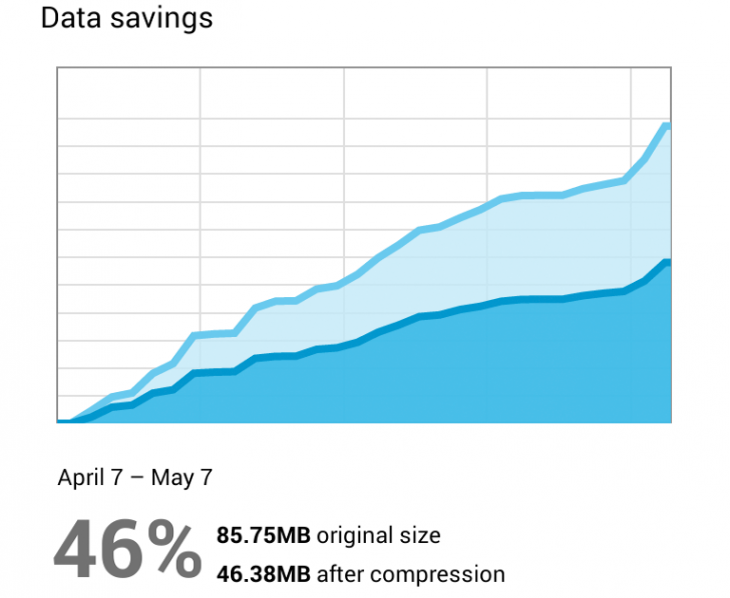
Just a day after releasing Chrome 28 on the desktop, Google announced the release of Chrome 28 for Android, adding Google Translate support out-of-the-box and fullscreen support on tablets. You can download the latest version now directly from Google Play.
The biggest addition here is undoubtedly Google Translate integration. When you come across a page written in a language that isn’t set as your default on your phone or tablet, just tap the “Translate” button:
For those that use Chrome on the desktop, this is the same built-in translation bar you’re already used to for quickly skimming a Web page you otherwise wouldn’t be able to understand. Now you can use it while you’re on the go as well.
Next up is fullscreen support on tablets: as you scroll, the top toolbar disappears so you can see more web page content. The feature was first introduced in Chrome 27 for Android phones, which have now also gained a “+” in the toolbar for creating tabs.
The full Chrome 28 for Android changelog is as follows:
- Google Translate – When reading web pages in other languages, Chrome will automatically detect and offer to translate them to your language.
- Fullscreen on tablets – Similar to phones, simply scroll down the page and the toolbar will disappear.
- New user interface for right-to-left (RTL) languages – An optimized interface for RTL languages including Arabic, Farsi, and Hebrew.
- Plenty of stability and performance fixes.
What isn’t noted in the changelog is that Google plans to turn on its experimental data compression service for Chrome 28 “over the coming days.” It helps you save bandwidth, load pages faster, and browse more securely on your phone and tablet by optimizing the pages you visit.
Google first introduced the feature in Chrome 26 beta. As of Chrome 27 beta, it was turned on by default and let you see your data savings by going to “Bandwidth Management” in Settings and enabling “Reduce Data Usage.” In Chrome 28 beta, the feature included a spiffy graph for your estimated bandwidth savings:
It’s not exactly clear which of these features will land on Chrome for iOS, but we do expect version 28 to hit Apple’s App Store in the next few days. We’re hoping for Google Translate support, but given how the mobile releases continue to diverge, we’re not holding our breath.
See also – Google Translate sails past 70 languages with the addition of Bosnian, Javanese and more and Google Translate for Android gets 50 language packages for offline translation on Gingerbread and up
Top Image Credit: Half Cut
Get the TNW newsletter
Get the most important tech news in your inbox each week.







